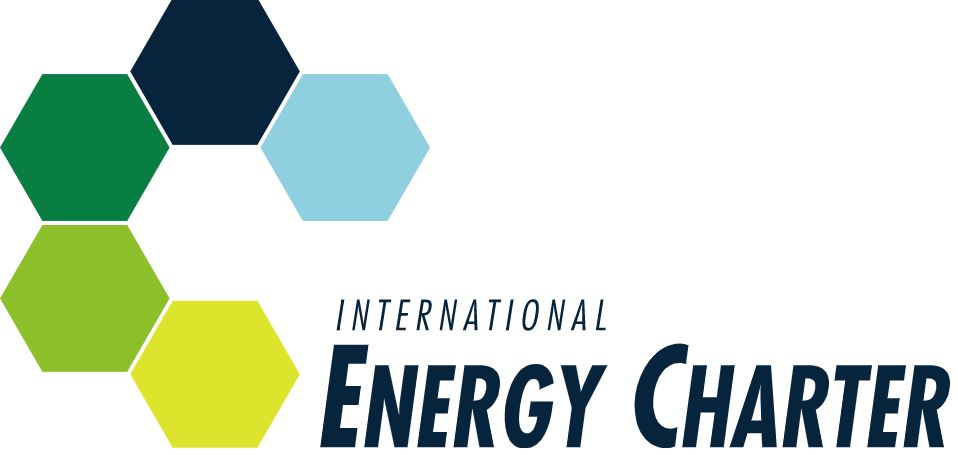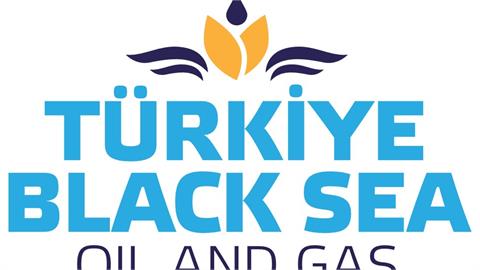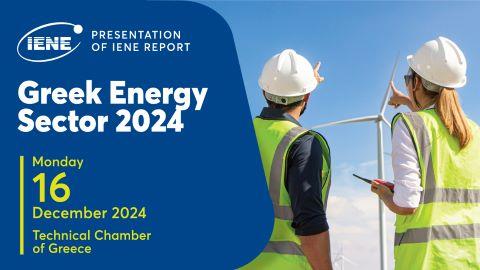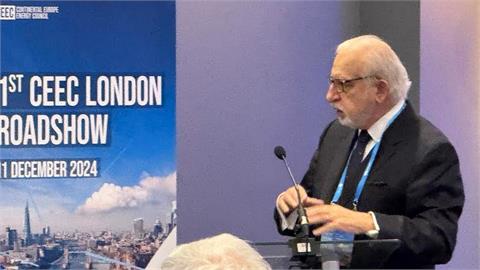Last October Brussels based "Energy Charter" published its long awaited Energy Investment Risk Assessment Report (EIRA2020) which has been developed under Azerbaijan's chairmanship of the Energy Charter Conference.
This year's report focuses on
policy implementation and summarises the actions taken by governments to mitigate the EIRA risks
and address the improvements recommended in the Report's previous edition. It also includes statistics from the
Orbis Crossborder investment database
on the investment trends in the participating countries over the last five
years, the target industries that
received the most attention, the number of projects and deals completed in this timeframe, and their
monetary value.

As Energy Charter's Secretary General Urban Rusnak points out in his
introduction, "This year, the
world is facing an extraordinary crisis with severe socio-economic consequences. The Covid 19 pandemic has substantially
impacted the energy sector and it has
led to an unprecedented fall in energy investment, a decline in energy demand, andreduced energy revenues for many countries. While it is critical to take emergency support measures, we should not lose focus on
the long term perspective. Well-designed long-term policy responses
can help countries tide over the immediate challenges and also present them with opportunities to steer
investments that support sustainable development, minimise job losses, and boost the global decarbonisation
agenda."
It is worth noting that the EIRA report evaluates three types of
risk: (1) unpredictable policy and
regulatory change, (2) discrimination between domestic and foreign investors,
and (3) breach of State obligations. Furthermore the EIRA report highlights the
key strengths and areas for
improvement in each country, provides qualified recommendations to improve results, and assists policy makers in
designing risk mitigation plans. In addition EIRA recognises that various factors outside its scope can shape
investment decision and for this reason
it does not claim to give a complete picture regarding the investment prospects
or attractiveness of a
country. Similarly, it does not judge or indicate if one country is better to invest in over another.
Nevertheless, the EIRA report provides a most useful tool when it comes
to assess the attractiveness and suitability of a country when considering major energy
related investment. By visiting eira.energycharter.org one can access valuable information on this year's report and country
assessments.
In his letter of October 10 addressed to IENE's chairman Costis Stambolis, the
Secretary General of the Energy Charter thanks and acknowledges the Institute's
contribution in this year's EIRA report. On its part IENE contributed with
information and comments on the energy investment situation in Greece and
Cyprus.




